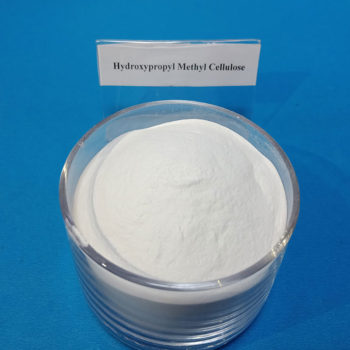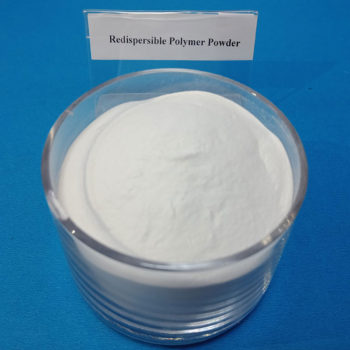China cellulose ether manufacturer
China HPMC factory,have a daily output 150 tons,our products including Hydroxypropyl Methyl Cellulose (HPMC), Redispersible Polymer Powder (RDP) ,which can be widely used in building materials such as dry mix mortar, gypsum based plaster, wall putty, tile adhesive, cement mortar, EIFS, detergent and so on.


Hydroxypropyl Methylcellulose (HPMC)
Hydroxypropyl Methylcellulose (HPMC) is a versatile compound derived from cellulose, a natural polymer found in plants. HPMC is widely used in various industries due to its unique properties, including water retention, thickening, and binding capabilities. In the construction industry, HPMC plays a crucial role in enhancing the performance of building materials and construction processes.
Physical Specifications of HPMC:
HPMC is available in various grades and specifications to meet the specific requirements of different applications. Some of the key physical specifications of HPMC include:
-
Chemical Composition: HPMC is composed of cellulose obtained from wood pulp or cotton, which is then chemically modified through the addition of hydroxypropyl and methyl groups.
-
Appearance: HPMC is typically a white or off-white, odorless powder.
-
Solubility: It is readily soluble in water to form a clear, viscous solution.
-
Viscosity: The viscosity of HPMC solutions varies depending on the grade and concentration. This property makes it an excellent thickening agent.
-
pH Stability: HPMC is stable over a wide pH range, which makes it suitable for various formulations.
-
Water Retention: One of the key properties of HPMC is its ability to retain water, which is vital in construction applications.
Applications in the Construction Field:
HPMC finds numerous applications in the construction industry, thanks to its remarkable properties:
-
Mortar and Cement-Based Products: HPMC is added to cement-based products such as mortar and stucco to improve workability, water retention, and adhesive strength. It prevents rapid water loss during the curing process, ensuring proper hydration of cement particles.
-
Tile Adhesives: HPMC is used in tile adhesives to enhance adhesion, reduce slip, and improve open time. It also prevents the formation of cracks in tile grouts.
-
Gypsum Products: In gypsum-based formulations like drywall joint compounds, HPMC serves as a binder and rheology modifier, contributing to smoother and more easily spreadable compounds.
-
Self-Leveling Compounds: HPMC is added to self-leveling flooring compounds to control viscosity, eliminate segregation, and improve flowability, ensuring a level surface.
-
Exterior Insulation and Finish Systems (EIFS): HPMC is utilized in EIFS to enhance crack resistance, water resistance, and workability of the finish coat.
Why Choose HPMC in Construction?
There are several reasons to choose HPMC in the construction industry:
-
Improved Workability: HPMC improves the workability of construction materials, making them easier to handle and apply.
-
Water Retention: HPMC's water retention properties prevent premature drying, ensuring proper curing and strength development of cementitious materials.
-
Adhesion and Bonding: It enhances adhesion and bonding, increasing the durability and longevity of construction elements.
-
Reduced Shrinkage and Cracking: HPMC reduces the likelihood of shrinkage and cracking in cement-based products, maintaining structural integrity.
-
Versatility: HPMC can be tailored to meet specific performance requirements, making it suitable for a wide range of construction applications.
Hydroxypropyl Methylcellulose (HPMC) is a valuable additive in the construction industry, offering improved workability, water retention, and enhanced performance to a variety of building materials. Its versatility and beneficial properties make it a preferred choice for construction professionals seeking to optimize their projects.